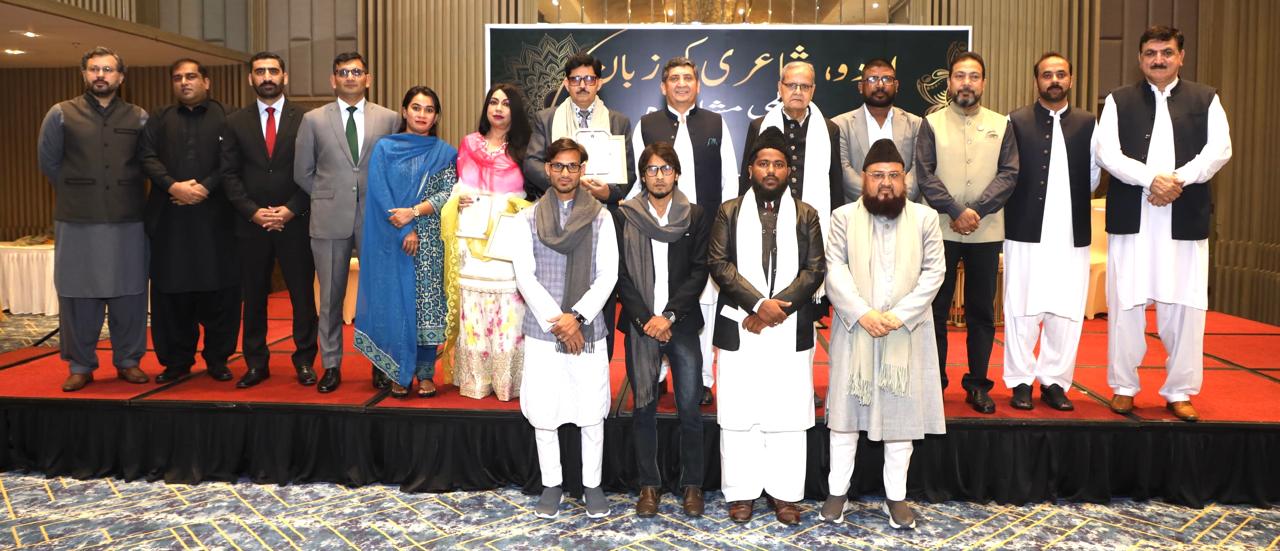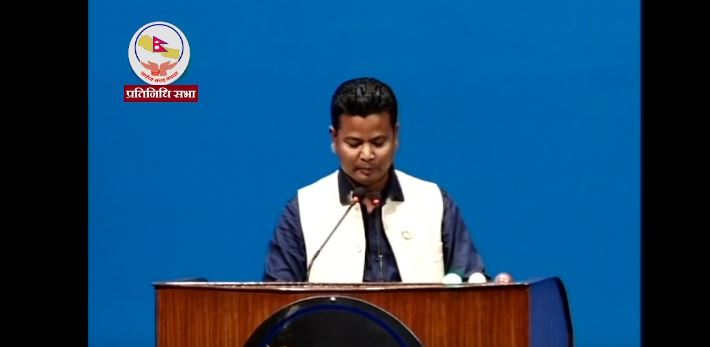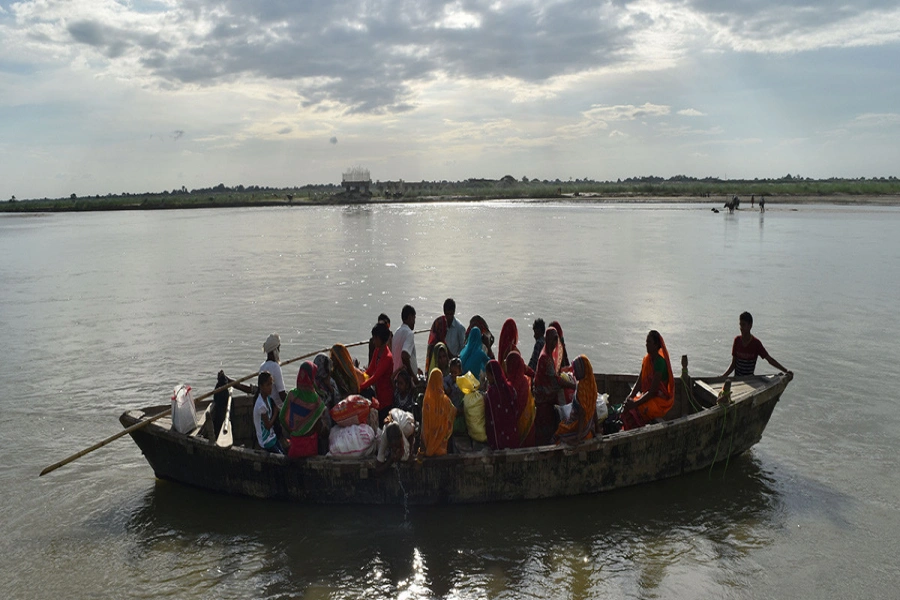Unhealthy infatuation with English language risks Nepal’s minority languages like Tharu, Maithili, Awadhi, Bhojpuri, Gurung, Newari and Limbu by putting them at extinction path
The Nepali language is in the downward trajectory—and fast. When I say it is declining, I’m not only referring to the number of speakers, but the advertent or inadvertent adulteration of the language. I will be the first to admit that me writing this article in English is itself a bitter irony. If I could put my ideas across more clearly in Nepali, I certainly would, but my third culture kid upbringing had handicapped my Nepali language proficiency.
Learning English used to be the privilege of the select few during monarchy. Its downfall opened the floodgates of English-based education to the ordinary masses. As a result “gurutvakarsan” turned into gravity, “bijganit” turned into algebra, and “rasayan” translated to chemistry making “Nepali” the only “subject” pupils learnt in Nepali. I often think that us having to study the subject “Nepali” was for us to impart Nepali skills more as a language as opposed to literature. This blatant ostracizing of Nepali as an alien language in the academic circle is very disheartening and doesn’t bode well for the future of Nepal.
The English craze
Pak embassy organizes poetry symposium — Aalmi Mushaira: Urdu,...

Having good command over English is an advantage, not a liability. And not knowing Nepali doesn’t make us any less Nepali either, but the problem lies in the conscious shunning of Nepali in everyday communication and academia. As more and more Nepali students are opting to go abroad for studies, a disproportionate number of them are choosing programs such as Cambridge A-levels and the International Baccalaureate as they are internationally recognized and do not offer the dreaded Nepali as a language over the homegrown “+2” option.
The yardstick of measuring the quality of any school in Nepal, in addition to acceptance rates and tuition fees (the more exorbitant the better), is its emphasis on the English language. It is almost an unspoken rule to include “boarding” and “English” in a school’s name for it to gain any credence from guardians. Not dissimilar to warnings of hostile canines in affluent homes, most of Kathmandu’s educational institutions proudly don banners proclaiming the avoidance of Nepali beyond a certain point—lest they want to face the wrath of stick-toting administrators. I can vouch for this as I, too, was caught—several times—for committing the blasphemy of speaking my mother language.
Those who were denied English language education in their primary schooling have jumped in the English learning bandwagon as English is widely regarded as a language of opportunity and growth by enrolling in private institutions. Rama Lakshmi, writing for The Washington Post, puts it best: “In India, a great deal of social weight is attached to the ability to speak English fluently”. The same can be said for Nepal, where students and adults alike see English as their ticket to the West, better job opportunities, and fitting into the growing Nepali cosmopolitan elite.
This problem is exacerbated as Nepal is a multi-ethnic, multi-lingual country where Nepali acts as a cohesive tape that binds all Nepalis together. One can be a Muslim speaking Rajbanshi in the Tarai and be every bit as Nepali as their Hindu, Nepali speaking hilly countrymen. This disintegration of the language will only do harm to our social fabric. This unhealthy infatuation with the English language might as well risk Nepal’s minority languages like Tharu, Maithili, Awadhi, Bhojpuri, Gurung, Newari and Limbu by putting them at the path of extinction.
Native language first
Nepal has recently transitioned to a federal system of governance. A provincial government should be well-tuned to addressing local problems, and promoting, not only preserving, their native languages should be high on their list of problems to be diagnosed. Provincial governments should leverage their decentralized power to incorporate local languages in their educational curriculum. State governments should launch special initiatives to promote their local languages. Province 2 could promote “Maithili” as their official language and use it in bureaucracy and official proclamations. Provinces 1, 3, 4, 5, 6, and 7 could follow suit with Bhojpuri, Newari, Gurung, Tamang, and Doteli gaining ground in their administrative business, while Nepali language flourishes as conduit of communication among diversity of cultures in all regions. Language incorporation need not be limited to official purposes. It can be used in mass media for news broadcasting and in entertainment for movies and music.
The notion of English being a “superior” language in Nepal is inculcated in the nascent stages of learning. Kindergarten kids are often introduced to the English alphabet and nursery rhymes even before their “ka-kha-ga-ghas”. Learning English can certainly boost Nepalis’ standing in today’s global society but this cannot be used as a pretense to subjugate or neglect Nepali altogether. I am, in no way, implying that English is a threat to multilingualism. But fluency in English should not come at the hefty cost of deterioration of native language. If it is entirely possible for people to be fluent in multiple languages, why isn’t fluency in both, Nepali and English, prioritized in our academic curriculum? Why cannot subjects like math and science be taught in our own native language? In Japan, one of the worlds’s most technologically advanced countries, English is made mandatory starting from grade five, yet they dominate the STEM, and research and development fields. “English-as-a-first-language” advocates vouch for its promotion on the grounds of its ostensible necessity in the STEM field but the success of Japan contradicts that claim.
The Language Commission of Nepal was formed under Article 287 of the Constitution of Nepal. This body should be given utmost power to promote and preserve Nepali and other minority languages by appointing members from all ethnic backgrounds. Another thing they could do is to raise awareness about Nepali technical terms (which are rapidly being replaced by English terms) and also come up with Nepali words for English language measuring units like minute, liter, kilometer etc by consulting linguists.
Together they thrive
English in itself is not a threat to Nepali’s survival. English being promoted almost as a first language in academia, however, is. English can thrive alongside Nepali, not just at the expense of it. English is the lingua franca of the world, and will remain so for the foreseeable future, but native languages of all other countries should not have to pay for it. Detractors could mistake this notion for blatant jingoism, but preserving one’s national identity is not prejudiced in any way. Lastly, languages last only as long as people speak it. Humans are the creators as well as destroyers of language. The onus is on us to promote our respective languages ourselves.
The author is a student of Political Science in CUNY Queens College, New York



































